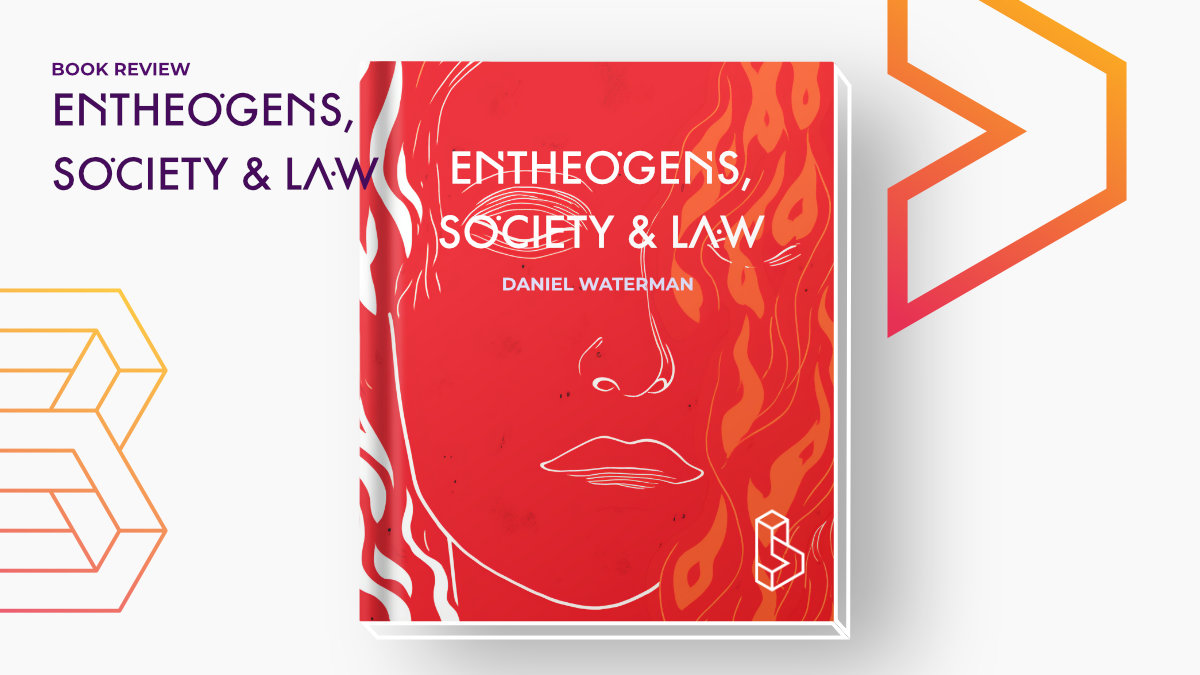Entheogens, Society & Law: Towards a Politics of Consciousness, Autonomy & Responsibility by Daniel Waterman explores the use of psychoactive plants and substances that occasion ‘religious’ or ‘mystical’ states and their biological underpinnings that make it a quantifiable phenomenon, while also emphasizing the notion that empathy, meaning and purpose emerge from three intersecting areas of human life: biology, consciousness, and culture. It critically analyzes the tensions between powerful institutions exercising hegemonic control and individual’s search for a meaningful existence through drug use and expands the prohibitionist discourse through broader existential, ethical, and humanitarian considerations that are central to religious or therapeutic traditions.
Publisher Summary
“The tripartite name of Entheogens, Society & Law refers to three intersecting dimensions of human life that seem crucial to our understanding of society and ourselves. The term, entheogen, derives from ancient Greek. It refers specifically to the use of psychoactive plants and substances to occasion ‘religious’ or ‘mystical’ states. As such, the term entheogen carries implicit connotations of the “sacred” or “divine” as an aspect of human nature or human consciousness. It therefore seems to provide a means of exploring religious and mystical experience and the ethical conclusions attached to such experiences as natural, scientifically quantifiable phenomena, while at the same time providing a critique of the notion that such experiences belong to the realm of the supernatural.
Taking this concept of the divine or sacred as an aspect of human “nature” as their point of departure, the authors explore how ideas about the divine shape ideas and thinking about human nature. Expanding on the idea that culture and society are products of ideas about human nature (and the nature of reality itself) the authors posit that social and political injustice and suffering can be directly correlated to erroneous beliefs about ourselves.
This train of thought also permeates another major concern, namely with concepts of justice and their interpretation in legal discourse and law.
Throughout this book, interpretations of psychoactive substances their use(s), users, effects and outcomes serve as examples and evidence of the ways in which beliefs and ideologies impact ethical thinking and interfere with pragmatic measures to minimize or eliminate drug use related harm.
The authors concern with ethics forces them to draw conclusions concerning the more extensive “systemic” or “structural” injustices following from the way authority and power interpret erroneous ideas about human nature.
Ultimately, the appeal of this book rests not merely in the insights it provides concerning the potential of “entheogens” as technologies of consciousness but in its incisive critique of Western culture and thought. The arguments presented here have far-reaching implications in many different areas of culture and society — ethics, law, medicine, politics, spirituality, philosophy etc.”

